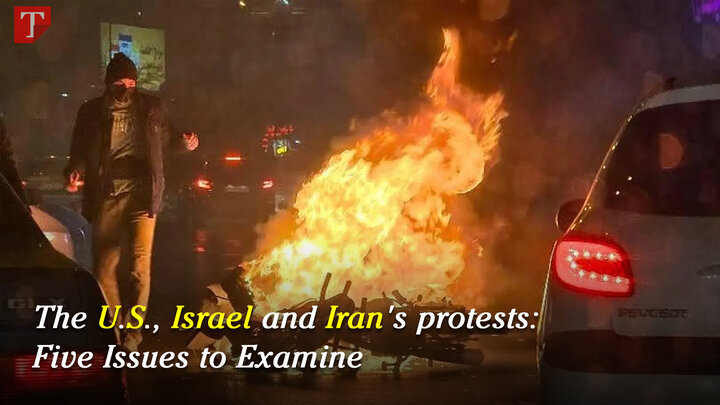-
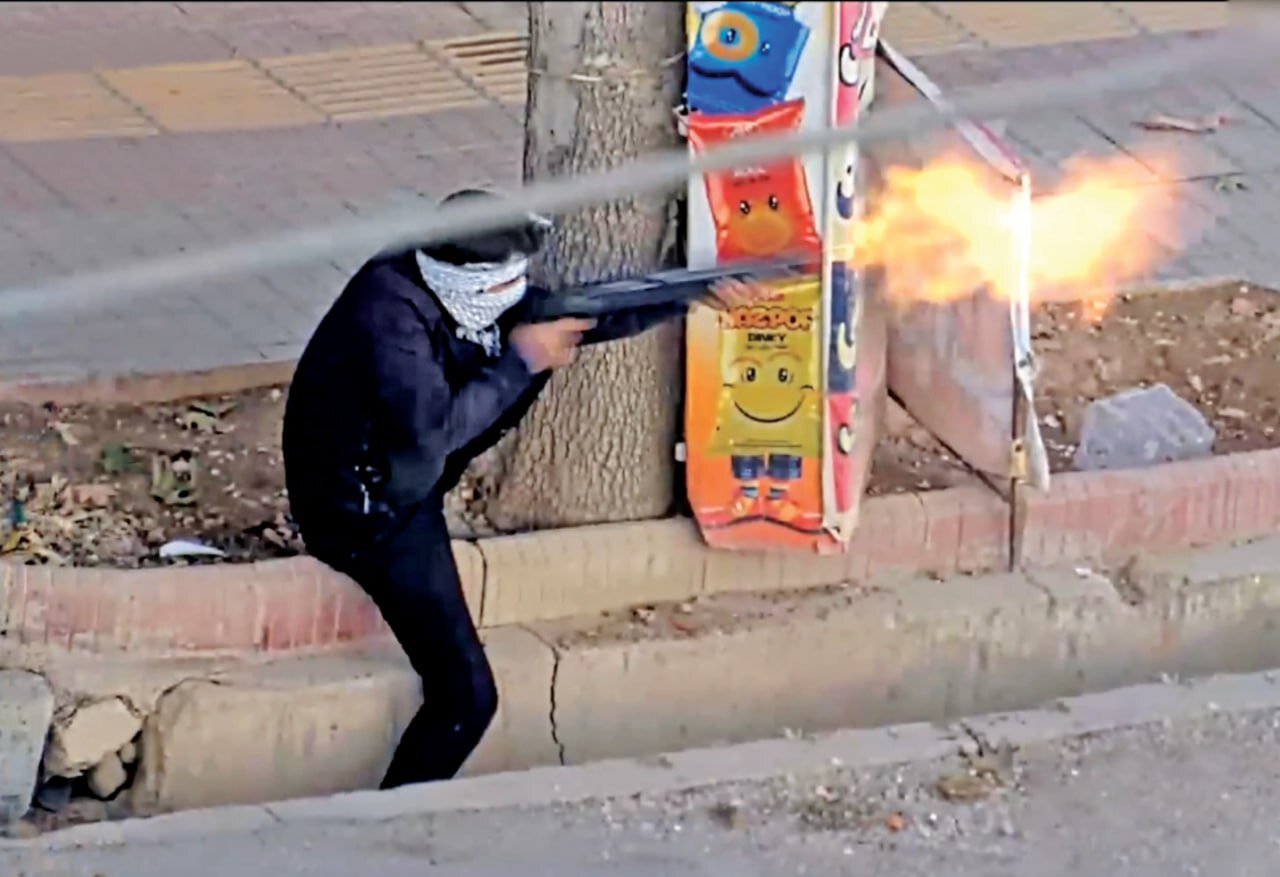 2026-01-28 21:24
2026-01-28 21:24
By Soheila Zarfam
US plan: ‘Make Iran Texas again’
Senator Cruz wants to bring Texas-style weaponization to Iran, openly stating that Washington must arm terrorists
TEHRAN – Ted Cruz, the U.S. senator from Texas, has a reputation for rhetoric that often outpaces his grasp of its consequences. He was a central figure whose remarks fuelled the 2021 attack on the U.S. Capitol, and he remains infamous among his constituents for fleeing to Cancun during a deadly winter storm that crippled the state’s power grid. On the world stage, he is a reliable advocate for American military intervention, from West Asia to South America.
-

By Xavier Villar
From ICE to Iran: Power without symmetry
MADRID - Thomas Friedman’s recent column in The New York Times, in which he equated the United States Immigration and Customs Enforcement (ICE) with Hamas, falls into an analytical simplification that ultimately obscures more than it clarifies.
-

By Fatemeh Kavand
The West’s double standards on police violence
TEHRAN- In the West, police pursue opposition figures all the way to hospital beds and call it “law enforcement.” In Iran, police restraint is labeled a “bloody crackdown.” This deliberate double standard is not a media mistake; it is the organized censorship of truth and a core component of the narrative war against Iran.
-

Collective efforts needed to counter US unchecked power: Sharif University
‘Overt military intimidation and economic strangulation designed to incite internal fragmentation entail global attention’
TEHRAN - Sharif University of Technology has issued a statement signed by 103 faculty members warning against the global threats of the unchecked power of the United States and the need for a collective responsibility to counter them.
-
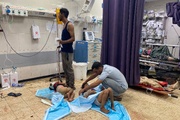
By Wesam Bahrani
Israel's Rafah closure is a death sentence for Gaza's patients
TEHRAN – Israel's continued closure of the Rafah crossing amounts to a death sentence for thousands of Palestinian patients and wounded trapped in the Gaza Strip.
-

By Sondoss Al Asaad
Lebanon’s paradox: An unfinished state and a necessary resistance
BEIRUT — The central challenge facing Lebanon today is often misrepresented as a confrontation between the “state” and the “Resistance.” In reality, it is a struggle between a state that has yet to be fully realized and a defensive necessity imposed by persistent danger.
Politics
-
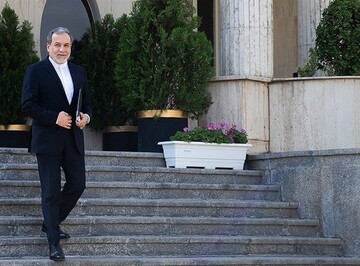
Diplomacy and threats are incompatible, Iran tells US
TEHRAN - Talking to reporters after a cabinet meeting on Wednesday, Iranian Foreign Minister Abbas Araghchi said diplomacy will fail to prove “effective” or “produce results” through military threats.
-

Iran’s Larijani, Qatar PM share views on regional developments
TEHRAN – Qatar’s prime minister on Wednesday telephoned Ali Larijani, secretary of Iran’s Supreme National Security Council, to share views about the latest developments in the region.
-
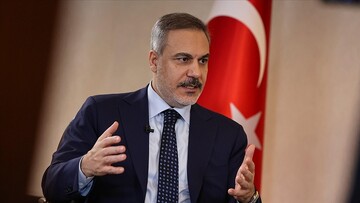
Resolve issues with Iran one by one, Turkish FM tells US
TEHRAN – Turkish Foreign Minister Hakan Fidan on Wednesday called on the United States to resolve its problems with Iran one by one.
Sports
-

Female taekwondo athlete Kiani sidelined for six weeks
TEHRAN – Iranian female taekwondo athlete Nahid Kiani underwent knee surgery on Thursday.
-

10-man Foolad defeat Persepolis: 2025/26 PGPL
TEHRAN — 10-man Foolad pulled off a dramatic 3-1 victory over Persepolis in Matchweek 18 of the 2025/26 Iran’s Persian Gulf Professional League (PGPL) at the Foolad Arena in Ahvaz on Wednesday.
-

Iran learn opponents in 2026 VNL
TEHRAN - The Iranian men’s national volleyball team have learned their pool assignments for the 2026 Volleyball Nations League (VNL), following the official announcement by the competition organizers.
Culture
-
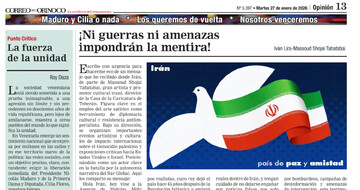
Iranian artist pens truth on Venezuela's front page
TEHRAN- An Iranian artist has articulated the nation's perspective on recent developments through the platform of a major Venezuelan publication.
-

Book exhibition at Kanoon displaying 300 titles by Iranian expats
TEHRAN – A book exhibition titled “Tak Khal” (literally meaning Ace), featuring 300 published works by Iranian expats in various languages, is underway at the Reference Library of the Institute for the Intellectual Development of Children and Young Adults (Kanoon), in Tehran.
-
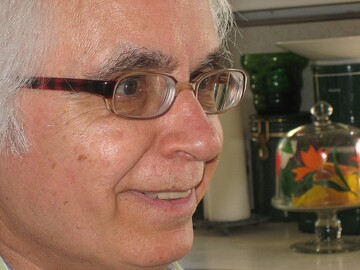
Veteran film critic Parviz Nouri passes away
TEHRAN- Parviz Nouri, a veteran Iranian film critic, screenwriter, and director, passed away in San Francisco on Tuesday due to throat cancer. He was 87.
Economy
-
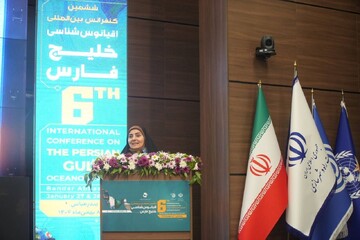
Maritime transport key to trade security: transport minister
TEHRAN – Iran’s Minister of Transport and Urban Development Farzaneh Sadegh said maritime transport plays a pivotal role in trade security, cost reduction and sustainable access to global markets, describing the Persian Gulf as central to the country’s macro-level planning.
-

Iran boosts trade with Oman, Qatar, UAE
TEHRAN – Iran’s trade with Oman, Qatar and the United Arab Emirates rose in the first nine months of the current Iranian year (March 21 –December 21, 2025) compared with the same period last year, a senior official at Iran’s Trade Promotion Organization (TPO) said.
-
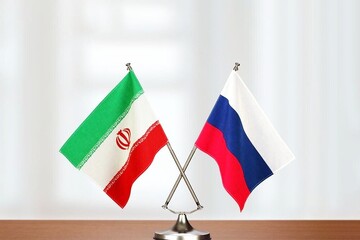
Tehran to host Iran–Russia joint economic committee meeting
TEHRAN – The 19th session of the Iran–Russia Joint Economic Committee meeting will be held in Tehran in mid-February, reflecting expanding cooperation prospects between the two countries, Iran’s deputy oil minister for international and commercial affairs said.
Society
-

Iran, Philippines discuss ways to boost counter-narcotics co-op
TEHRAN – Iranian and Filipino officials have explored the potential to enhance ties in combating narcotics.
-
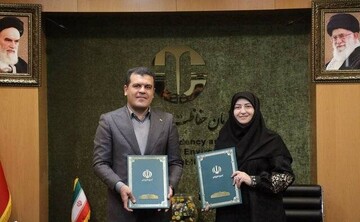
Modern tech to help resolve environmental issues
TEHRAN – The Department of Environment (DOE) and the Vice-Presidency for Science, Technology, and Knowledge-Based Economy have signed a memorandum of understanding (MOU) to resolve environmental challenges utilizing modern technologies such as artificial intelligence (AI).
-
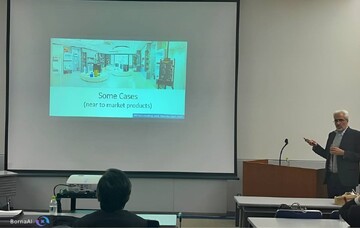
Iran attends Asian Nano Forum
TEHRAN – Attending the Asian Nano Forum in Japan, Emad Ahmadvand, the secretary of the headquarters for the Iran Nanotechnology Innovation Council, has presented an account of the country’s progress and accomplishments in the nanotechnology sector.
Tourism
-

Siraf historic port dossier submitted to UNESCO for World Heritage review
TEHRAN - Iran has formally submitted the nomination dossier for the historic port of Siraf to UNESCO for review and possible inscription on the World Heritage list, the deputy minister for cultural heritage said on Wednesday.
-

Mexican photographer: Iran, a country with cultural diversity and beyond stereotypes
TEHRAN—Mexican documentary photographer Roberto Flores, who traveled to Iran for the first time, emphasized Iran's cultural and human potential and said: “My goal in traveling to Iran is to record the cultural diversity and lifestyle of Iranian nomads, a living reality that can challenge the stereotypical narratives of Iran in the world.”
-

Lori traditional clothing: an amalgam of Iranian culture, history and identity
TEHRAN – Lori traditional clothing is one of the most vivid expressions of Iran’s indigenous culture. More than a form of dress, it reflects the history, beliefs and lifestyle of the people of the Zagros region who have preserved their Iranian identity for centuries.
International
-

Israel's Rafah closure is a death sentence for Gaza's patients
TEHRAN – Israel's continued closure of the Rafah crossing amounts to a death sentence for thousands of Palestinian patients and wounded trapped in the Gaza Strip.
-

Lebanon’s paradox: An unfinished state and a necessary resistance
BEIRUT — The central challenge facing Lebanon today is often misrepresented as a confrontation between the “state” and the “Resistance.” In reality, it is a struggle between a state that has yet to be fully realized and a defensive necessity imposed by persistent danger.
-

A truce in words only: Israel keeps bombing Gaza
TEHRAN – Israel’s killing of two Palestinians in Gaza City’s al-Tuffah neighborhood on Tuesday reflects a familiar pattern. Israel is once again violating the October truce it claims to uphold. On paper, the ceasefire exists. On the ground, Israeli gunfire, airstrikes, and shelling continue.
Most Viewed
-
US plan: ‘Make Iran Texas again’
-
Collective efforts needed to counter US unchecked power: Sharif University
-
Diplomacy and threats are incompatible, Iran tells US
-
From ICE to Iran: Power without symmetry
-
Tehran to host Iran–Russia joint economic committee meeting
-
Iran’s Larijani, Qatar PM share views on regional developments
-
Resolve issues with Iran one by one, Turkish FM tells US
-
The West’s double standards on police violence
-
Western pressure will not halt Iran’s scientific sovereignty, says nuclear chief
-
If Iran attacked, it would unleash a conflict that would be impossible to control: senior analyst
-
Iran boosts trade with Oman, Qatar, UAE
-
US will suffer greatly if it attacks Iran: admiral
-
The extensive US military buildup around Iran
-
Lebanon’s paradox: An unfinished state and a necessary resistance
-
Israel's Rafah closure is a death sentence for Gaza's patients











